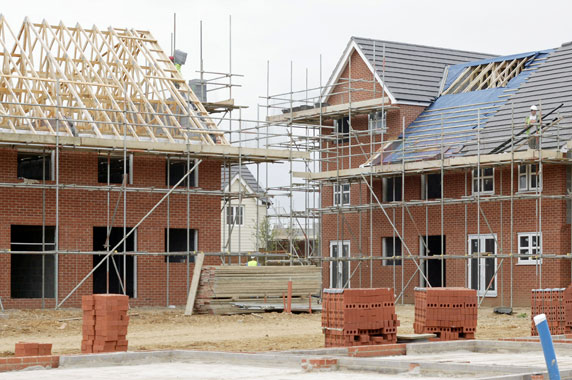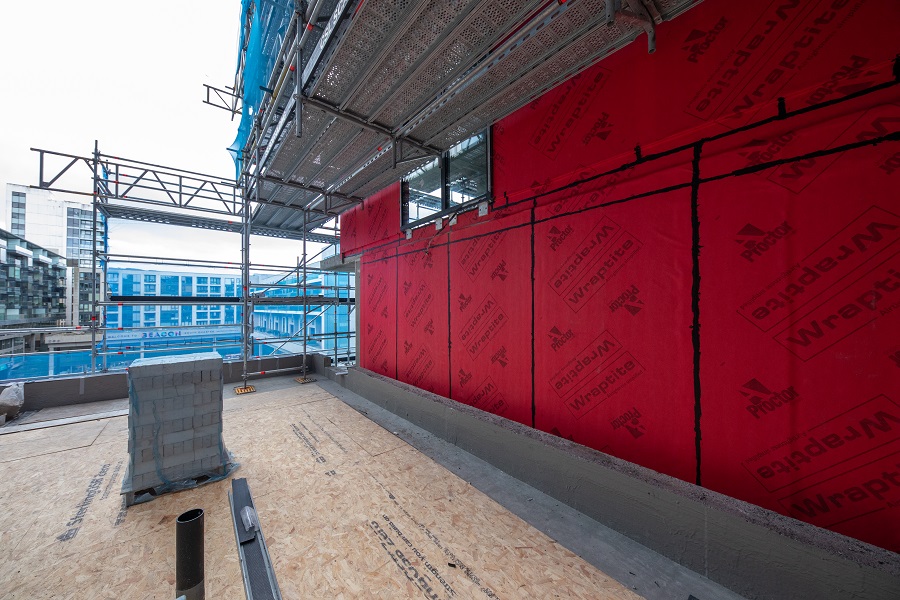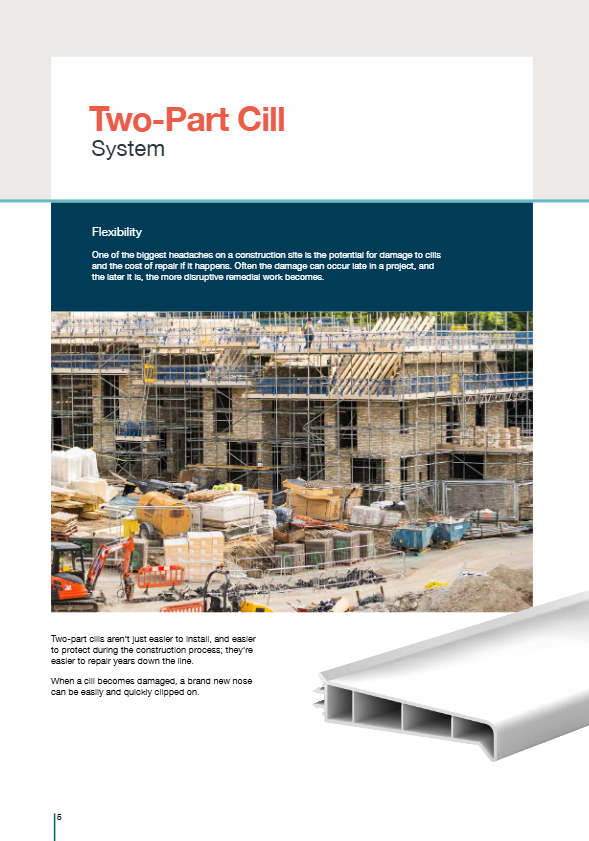The industry has welcomed the Government’s announcement launching a New Homes Accelerator, a strategic programme intended to ease the impact of damaging bottlenecks in the housing delivery process.
It is expected to speed up the construction of up to 300,000 new homes in England, currently stalled due to significant regulatory red tape.
Richard Beresford, Chief Executive of the National Federation of Builders (NFB), said: “We are delighted that the Government have accepted our recommendations for it to play a greater role in overcoming local planning barriers.
“The New Homes Accelerator will play an overdue role in ensuring large scale development delivers more quickly, while informing their New Towns ambition and potentially serving as a catalyst for Homes England to be given greater strategic responsibilities.”

The Government outlined the details of this programme, assigning a team from the Ministry of Housing and Homes England to work across government and with local councils, promising to bring together key players, including government agencies, local planning departments, and house builders offering a localised approach and introducing planning experts on the ground to tackle specific barriers at each site.
Where required, greater levels of local planning capacity could be provided where there are barriers and work across the board to make sure planning decisions are made in a timely fashion.
A call for evidence has already been launched calling upon landowners, local authorities and housebuilders to come forward with details of blocked sites that have significant planning issues
Rico Wojtulewicz, Head of Policy and Market Insight at the NFB, said: “The New Homes Accelerator will show the Government what life is really like for the housebuilding industry and why planning is a considerable reason for our housing crisis and growth struggles. They should be commended for getting on with the job so quickly.
“It also suggests that Ministers understand different site sizes attract different sized builders and different challenges. We hope this means they will accept our NPPF consultation recommendation to support SME housebuilders and organic growth by creating a new, ‘Medium’ site size definition of between ten and fifty homes, which would sit between the existing ‘Minor’ (fewer than 10) and ‘Major’ (10 and above) definitions.”
Alongside the announcement, MHCLG has also issued a call for evidence inviting developers, local authorities and landowners to identify large-scale housing developments that are delayed or stuck.
David O’Leary, Executive Director at the Home Builders Federation said: “The planning process has long been a significant constraint on house building. Government has shown a welcome desire in the weeks since the election to address the problems in the planning system so it’s welcome that ministers are now turning attention to the thorny practical issues that hold up development.
“A lack of planning department capacity and misaligned incentives for other public bodies and statutory consultees has created a process with huge uncertainty. This creates an abundance of risk resulting in longer development timescales and severe challenges in particular for small and medium-sized house builders.
“Adopting a pragmatic approach to planning will increase the pace at which new homes are built and help to turn around ailing housing supply. Unlocking homes and delivering new communities will boost growth and support job creation while providing young people with access to new, more affordable housing.
“The housing market is complex and we look forward to working with government to ensure that all aspects of the housing market are functioning more effectively.”
Victoria Hills, Chief Executive of the Royal Town Planning Institute said additional support for the planning system such as the New Homes Accelerator could help to unlock certain sites that have been impacted by the diminishing resources we have seen over the past decade.
"We know that local planning authorities are incredibly stretched. If delivered well and with proper community engagement this initiative could unlock new homes for communities around the country,” she added.
“However, to ensure the long-term sustainability of the planning system as a vital public service and driver of growth, MHCLG needs to ensure that these interventions also build local planning teams’ long-term capacity. Developing innovative approaches to service delivery will be an important part of this.”
“The RTPI is seeking its members’ views on the government’s current planning reform consultation, including its proposals on planning fees. Once our members have had their say we will be submitting a full response to the Government.”




















